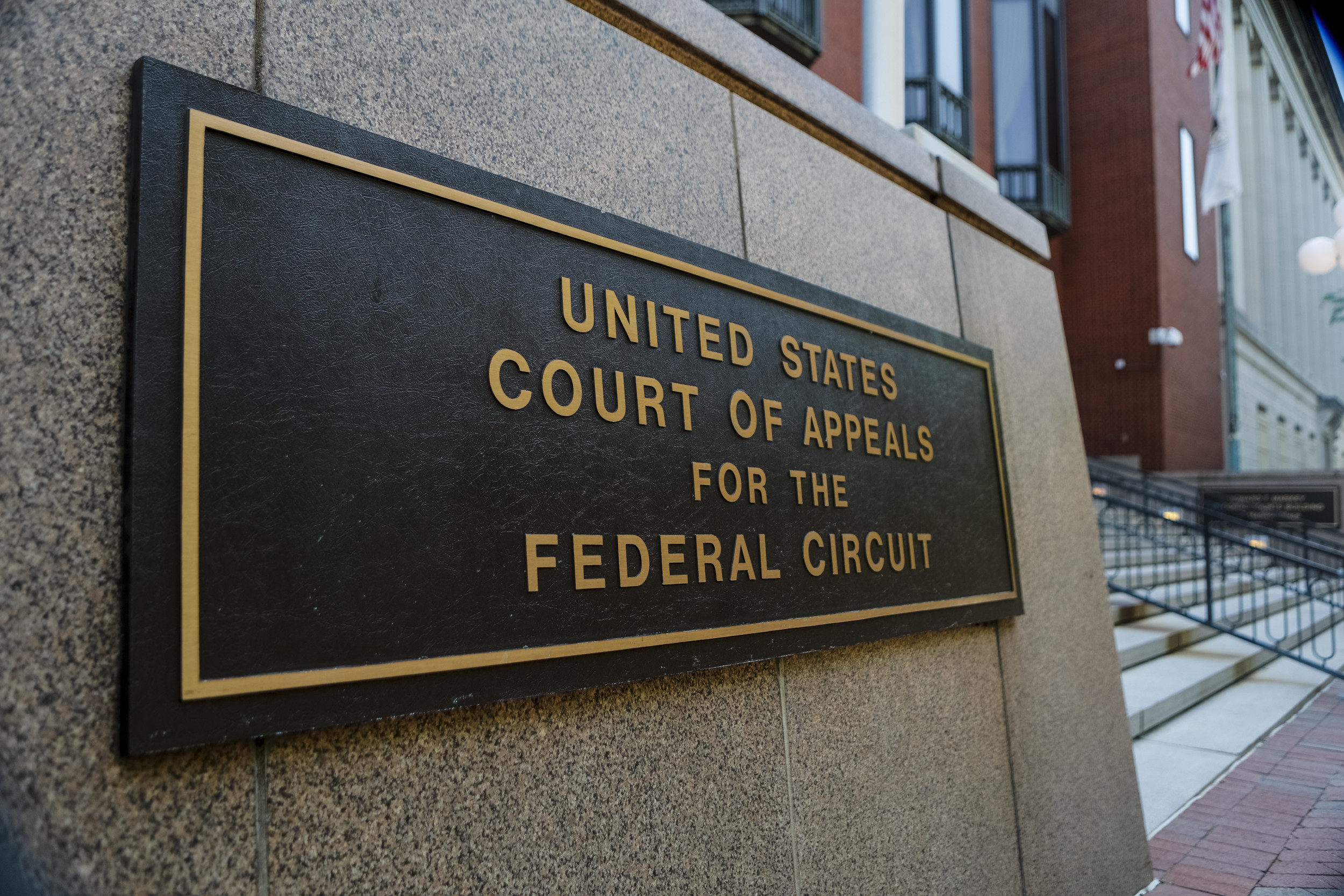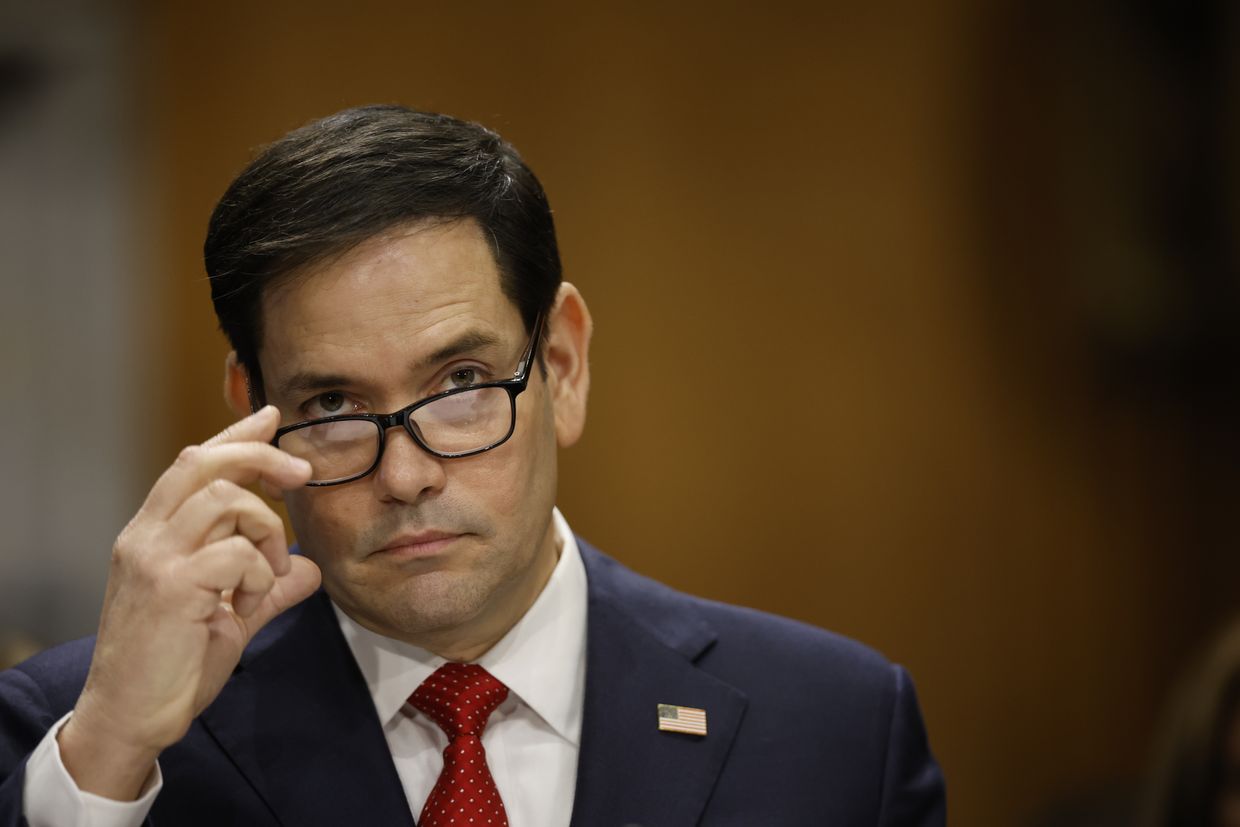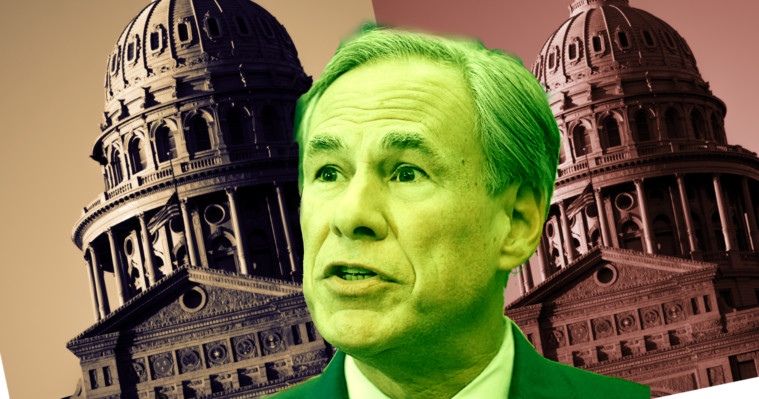As its influence within the federal government grows daily, one question routinely emerges about the Department of Government Efficiency: Who is in charge?
That answer continues to evade the lawyers tasked with defending President Donald Trump’s administration in court.
In an affidavit filed in federal court on Tuesday, a White House official clarified that Elon Musk is not the administrator of the newly formed entity — seemingly contradicting public statements by Trump.
Elon Musk leaves after a meeting with Indian Prime Minister Narendra Modi at Blair House, in Washington, D.C., Feb. 13, 2025.
Nathan Howard/Reuters
“I am pleased to announce that the Great Elon Musk, working in conjunction with American Patriot Vivek Ramaswamy, will lead the Department of Government Efficiency,” Trump said in December 2024. Since then, and following Ramaswamy’s departure from DOGE, he has routinely referred to Musk its leader.
However, according to Office of Administration Director Joshua Fischer, Musk is neither the administrator nor an employee of DOGE. Instead, Musk is a “non career special government employee” who serves as a senior adviser to the president. The filing compared Musk’s role to that of Anita Dunn, a longtime political adviser who served as a senior adviser to President Joe Biden.
“In his role as senior advisor to the President, Mr. Musk has no greater authority than other senior White House advisors. Like other senior White House advisors, Mr. Musk has no actual or formal authority to make government decisions,” the affidavit said.
The filing comes after Judge Tanya Chutkan – who held a hearing Tuesday in a case that challenges the breadth of Musk’s authority – raised concerns about the “unpredictable and scattershot” methods employed by DOGE.
“DOGE appears to be moving in no sort of predictable and orderly fashion,” Chutkan said. “This is essentially a private citizen directing an organization that’s not a federal agency to have access to the entire workings of the federal government, fire, hire, slash, contract, terminate programs, all without apparently any congressional oversight.”
Federal judges are also wrestling with how to define DOGE itself. In an order issued Feb. 14, a federal judge in Washington, D.C., ruled that DOGE should be considered an “agency” — though he noted how the Trump administration is “curiously” avoiding that label.
“This appears to come from a desire to escape the obligations that accompany agencyhood — such as being subject to the Freedom of Information Act, the Privacy Act and the Administrative Procedures Act — while reaping only its benefits,” U.S. District Judge John Bates wrote.
The filing did not provide any information about who oversees DOGE, other than ruling out Musk.
The mystery about DOGE’s organization and leadership does not appear limited to members of the public; lawyers for the Trump administration have similarly struggled with the question in court.
After a court hearing on Friday about DOGE’s access to sensitive Treasury Department payment systems and records, Christopher Healy, senior adviser to the Treasury Department’s general counsel, had little to say when asked about who runs DOGE.
“I don’t know the answer to that,” he told reporters Friday afternoon outside federal court in New York.















